Converting Russia’s Educational Potential into Capital
At ‘Crossroads and Prospects for the Development of Russian Education’, a special session held as part of the XVIII April Conference, experts discussed the section related to education from a recent report on the strategy of Russia’s development by the Centre for Strategic Research. Since investments in education have an effect after 15-20 years, participants analyzed development prospects up to 2035.
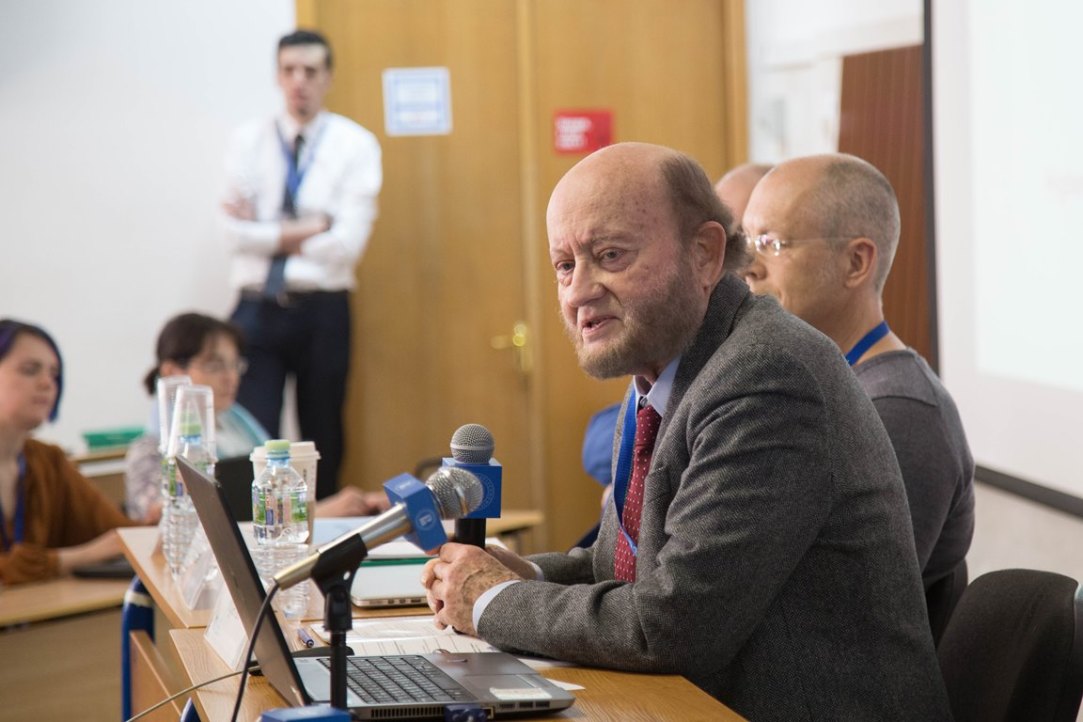
Aritificial Intelligence Society Breeds Insecurity and Xenophobia
Why did Trump win the election? Who votes for right-wing xenophobic populist parties? How do we account for Brexit? Ronald Inglehart, Academic Supervisor of HSE Laboratory for Comparative Social Research, traces the change in public opinion to rising inequality and the resulting cultural xenophobic backlash and prevailing feeling of insecurity.
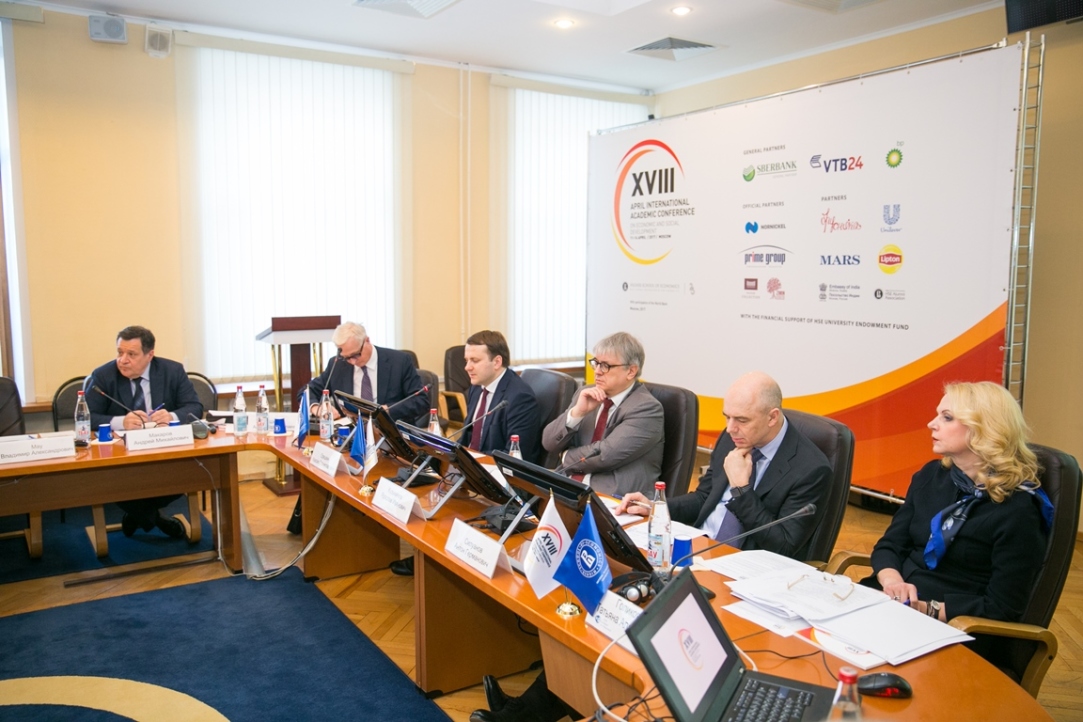
Revolution in Administration to Take Place Over Next 10 Years
How should the state’s economic priorities change? What structural reforms are to take place in the near future? What should be improved in the state control system? Participants at the roundtable discussion ‘The State and Economic Development’ discussed these and other issues as part of the XVIII April Conference at Higher School of Economics (HSE) in Moscow.
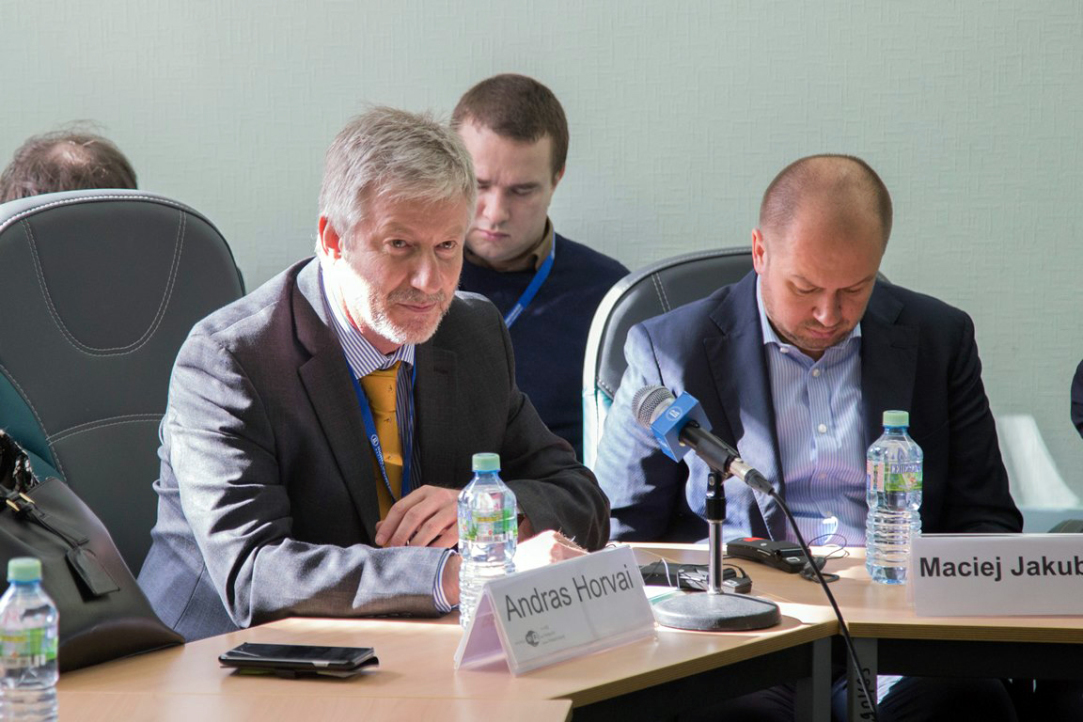
Russian Students in More Difficult Circumstances Improve Their Academic Performance
The International Symposium on Economics and Sociology of Education is being held on April 11-14 as part of the XVIII April Conference on Economic and Social Development. On April 11, experts discussed the dynamics of educational outcomes in Russia and beyond (based on data culled from international projects to monitor the quality of education) at a roundtable session organized by the World Bank.
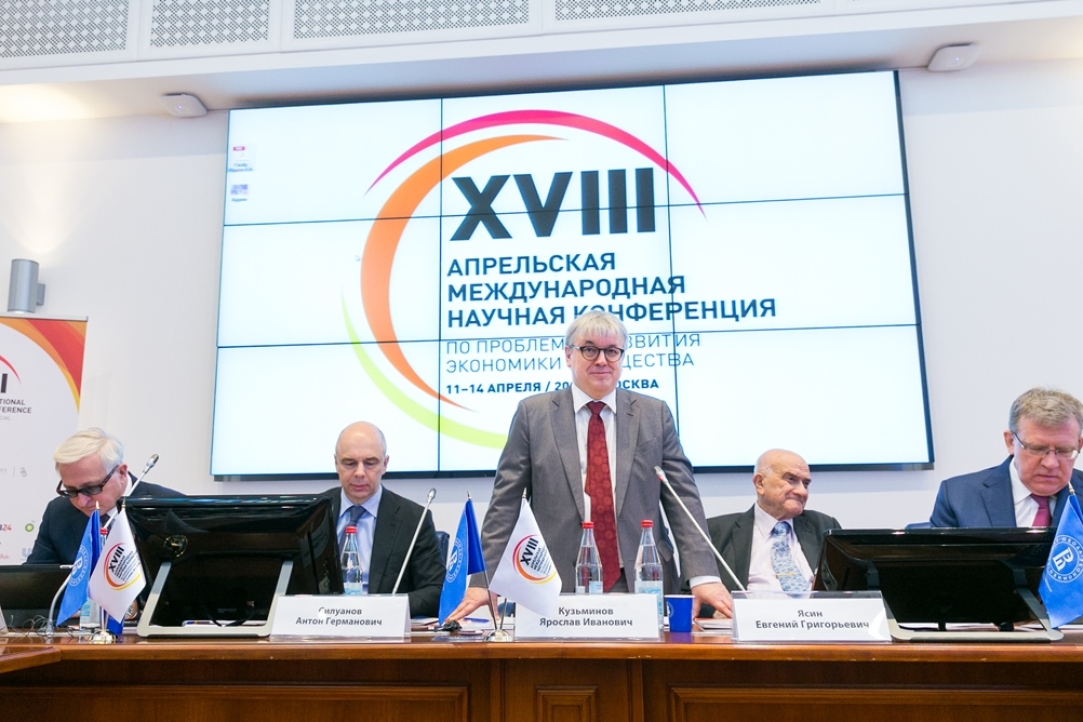
Without Trust the Best Programmes Cannot Be Carried Out Even Partially
At this year’s April Conference on Economic and Social Development, speakers in the first expert discussion on strategies for Russia’s development discussed growth prospects for the Russian economy. The main speaker was Chairman of the Board at the Centre for Strategic Research, Alexei Kudrin.
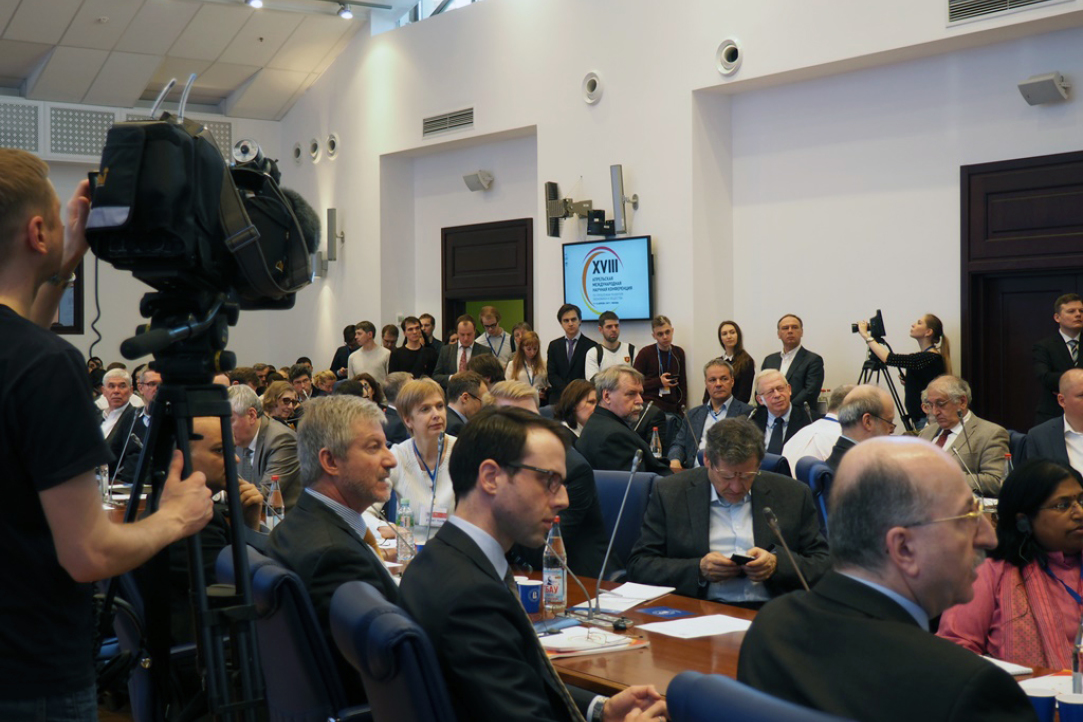
April Conference Discusses Strategic Areas of Russia’s Development
The XVIII April International Academic Conference has kicked off at Higher School of Economics (HSE). This major event includes expert discussions on the strategic problems facing Russia’s economic and social development. Representatives of the Russian Government will take part in the debates.
‘By Observing Best Educational Practices at the International Level, Schools and Universities Can Improve Efficiency’
Tommaso Agasisti, Associate Professor at the Politecnico di Milano School of Management, researches management and economics of the public sector and teaches business administration, accounting, and control & performance management. In an interview with the HSE News Service ahead of his presentation at the XVIII April International Academic Conference on Economic and Social Development, he spoke about his recent research and the importance of taking a multi-country perspective to today’s questions of education reform.
XVIII April Conference to Discuss ‘Hidden Champions’, Building Social Networks, and the Economics of Sport
From April 11 to 14, HSE is holding its XVIII April International Academic Conference on Economic and Social Development. Conference Programme Committee members Fuad Alekserov and Andrei Yakovlev discuss the key themes and main reports that will be presented at the conference. This conference will draw around 2,000 people, including 200 international participants.
International Experience in Education and Human Capital Growth
On April 11, Brian McCall, Professor of Education, Economics and Public Policy at the University of Michigan, Ann Arbor, will present at the XVIII April International Academic Conference on Economic and Social Development in a section entitled ‘Evaluation of reforms in education’. Prof. McCall’s research has covered the economics of education, education inequality, and other topics. He spoke with the HSE News Service ahead of his presentation about his research and the trends he currently sees internationally.
HSE Research Teams to Receive Russian Science Foundation Grants in 2017
The Russian Science Foundation has announced winners of its latest grant competition to support basic scientific research and exploratory scientific research conducted by research teams.


Submissions are open until October 13